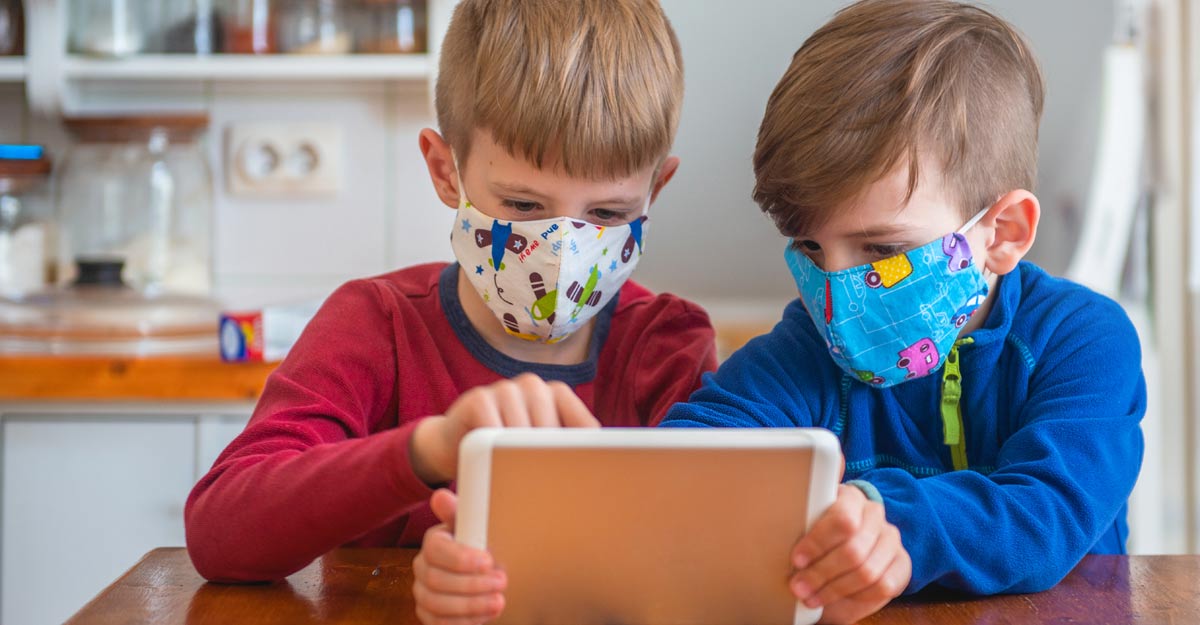
Graphene used to inactivate coronaviruses, testing with SARS-CoV-2 in the pipeline
by PTINew Delhi: Laser-induced graphene has been shown to inactivate over 100 per cent of two species of human coronaviruses in 10 minutes under sunlight, during initial laboratory tests conducted in China, scientists say.
The researchers from City University of Hong Kong (CityU) plan to conduct tests with SARS-CoV-2 virus, that causes COVID-19, in future.
The team also developed graphene masks with an anti-bacterial efficiency of 80 per cent, which the researchers said can be enhanced to almost 100 per cent with exposure to sunlight for around 10 minutes.
The graphene masks are easily produced at low cost, and can help to resolve the problems of sourcing raw materials and disposing of non-biodegradable masks, according to the research published in the journal ACS Nano.
The researchers described the production of laser-induced graphene as a 'green technique.'
All carbon-containing materials, such as cellulose or paper, can be converted into graphene using this technique, they said.
The conversion can be carried out under ambient conditions without using chemicals other than the raw materials, nor causing pollution," they said.
"Laser-induced graphene masks are reusable. If biomaterials are used for producing graphene, it can help to resolve the problem of sourcing raw material for masks," said CityU Assistant professor, Ye Ruquan.
The researchers noted that face masks have become an important tool in fighting the COVID-19 pandemic. Commonly used surgical masks are not anti-bacterial.
This may lead to the risk of secondary transmission of bacterial infection when people touch the contaminated surfaces of the used masks or discard them improperly, they said.
Graphene is known for its anti-bacterial properties, so as early as last September, before the outbreak of COVID-19, researchers led by Ruquan, started working on masks with laser-induced graphene.
The team tested their laser-induced graphene with E. coli, and it achieved high anti-bacterial efficiency of about 82 per cent.
In comparison, the anti-bacterial efficiency of activated carbon fibre and melt-blown fabrics, both commonly-used materials in masks, were only 2 per cent and 9 per cent respectively, the researchers said.
Experiment results also showed that over 90 per cent of the E. coli deposited on them remained alive even after 8 hours, while most of the E. coli deposited on the graphene surface were dead after 8 hours, they said.
The laser-induced graphene also showed a superior anti-bacterial capacity for aerosolised bacteria.
The team is currently working with laboratories in China to test the graphene material with two species of human coronaviruses. Initial tests showed that it inactivated over 90 per cent of the virus in five minutes and almost 100 per cent in 10 minutes under sunlight.
Ye said that more research on the exact mechanism of graphene's bacteria-killing property is needed.
However, he believed it might be related to the damage of bacterial cell membranes by graphene's sharp edge, and the bacteria may be killed by dehydration induced by the water-repelling property of graphene.